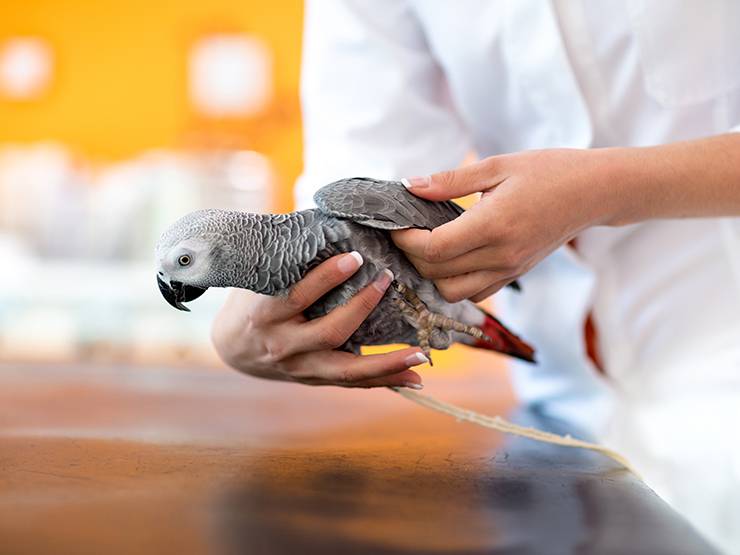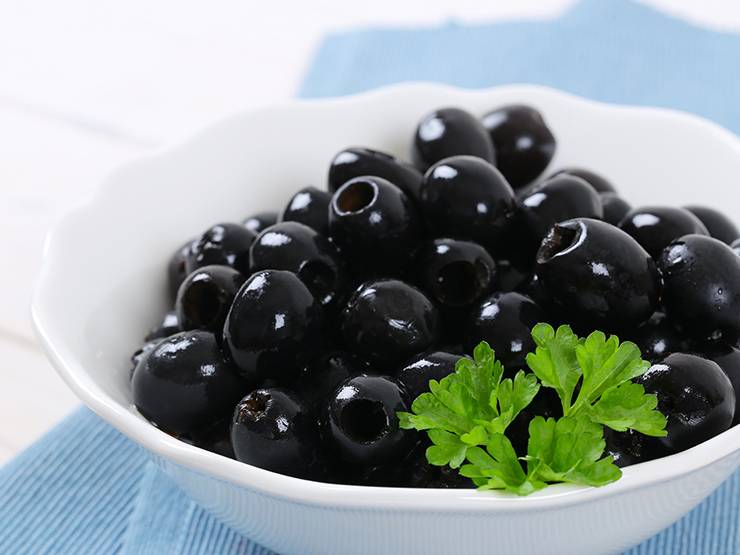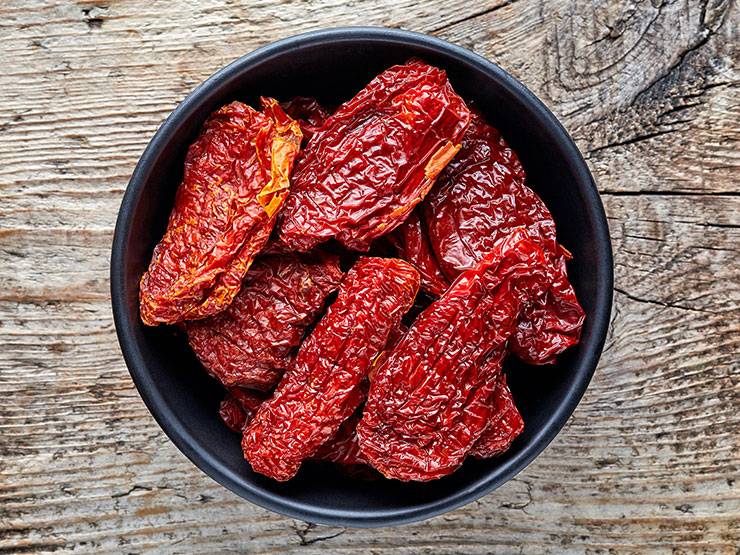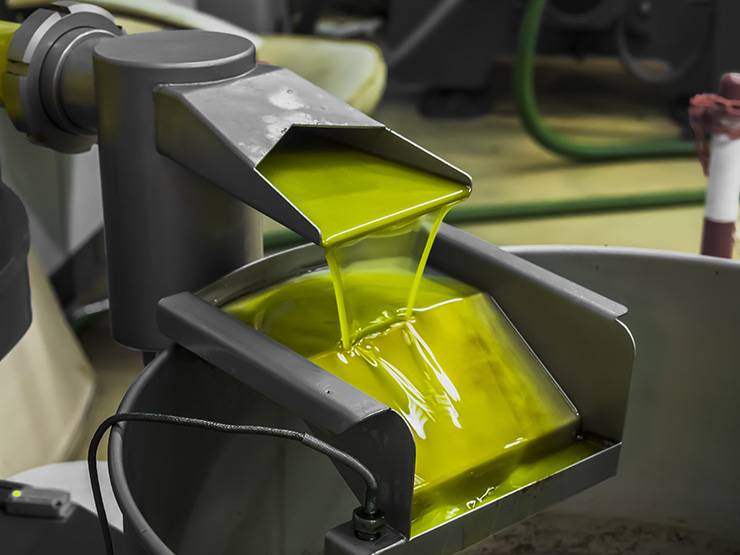[ad_1]
Arguably the best versatile stone fruit (other than mangoes) are olives. Pair them with pizzas or martinis; they are a delight either way!
Their briny bitter taste sure has a uniqueness of its own. Italian dishes’ best friend derives from them; olive oil.
Who doesn’t love olives, versatile or not? As bird fanatics, you must have wondered: Can birds eat olives?
Birds should stay away from olives due to their high saturated fat content. Store-bought olives are often loaded with salt, which is a dietary no-no! In addition, some olives contain harmful toxins that birds may not be able to metabolize.
It’s not unreasonable to feel the want to feed your birds all varieties of fruits and vegetables in conscience that they’re all healthy.
Unfortunately, it’s impossible to share every food with our beloved avians, no matter how healthy they might be for us.
Although birds are versatile creatures, there are many foods proven to be lethal for them. The only good news is even if they’re detrimental to a bird’s health, olives aren’t lethal.
Here’s how they are bad for birds:
Why Shouldn’t You Feed Olives to Birds?
Birds are not picky eaters. Most fresh produce or even human foods like bread are palatable to them. However, just like bread, olives are harmful to their system.
As luck would have it, birds detest some olives. Most birds likely avoided olives if you ever added them to your bird feeder in the past.

That’s one less thing to feel guilty about, right? Phew!
1. Salt Toxicosis
Olives arrive in our grocery stores, already brined in a piquant salt solution. By now, you’re all aware of what a high sodium concentrated diet does to animals.
Salt toxicosis is the greatest obstacle when feeding birds human foods. Although the saline solution cuts out some bitterness, salt toxicosis can result in lethal symptoms.
If you’re unaware, salt toxicosis is the most feared enemy to bird owners and birds.
It is single-handedly responsible for these symptoms:
Kidney Failure – Birds already have enough sodium from their natural diet. Their kidneys can no longer metabolize an excess of sodium in their diet.
It can lead to sodium clumping up and create kidney stones that result in kidney failure. As birds are small creatures, it becomes almost impossible to see the symptoms of kidney failure.
Since this causes the most damage, providing treatment becomes difficult.
Polyuria and Polydipsia – Sodium is not metabolized by the kidneys meaning there is too much sodium in the blood.
When too much sodium is present in the blood, birds become thirsty in the extreme as sodium draws water from the blood. The name of this symptom is Polydipsia.
Concurrently, Polyuria is when birds urinate excessively to excrete all the unmetabolized sodium in their system.
All of these cause another symptom of salt toxicosis, which is dehydration. Dehydration can be fatal in birds if not treated in the early stages.
Musculoskeletal Disease – High sodium concentration in the bloodstream directly affects the muscles. These effects can range from mild to chronic.
It severely harms all musculoskeletal organs such as; bones, ligaments, and tendons.

Some of the symptoms include:
- Muscle twitches
- Fatigue
- Balance loss
- Seizures
- Paralysis
There’s no guarantee any of these symptoms to be treatable.
Providing olives to wild birds can result in the deaths of an entire flock. It shows why salt toxicosis is not a matter to take lightly.
Raw and fresh olives are less costly for a bird’s health; hence there is no acute damage done if birds have a bite or two from olive trees.
2. Saturated Fats
Another reason why olives are bad for birds is their fat content. Most olives contain 15-30% saturated fat.
Even though for us humans, this is nothing considering; we have a much higher BMI than birds. For this reason, olives are more detrimental to a bird’s health.
What might be a small portion of fat in our diet is an excessive amount for a bird’s health.
Saturated fats are hard for a bird’s stomach to metabolize; the necessary enzymes aren’t present. The unmetabolized fat then hikes up the LDL-cholesterol levels.
The problem involving an increase in LDL-cholesterol is that it builds up in arteries and under the skin.

It causes innumerable diseases such as:
Obesity – There is a myth going around the bird community about how olives are supposed to be non-fattening. Believe me, when I tell you, it is nothing but a complete hoax!
Including olives in your bird’s diet will be the number one cause of obesity.
Cardiovascular Diseases – The blockage in their arteries will reduce blood flow out of the heart resulting in fatigue and low oxygen rate in their blood.
As the blockage in the artery builds; or the oxygen in the blood depreciates, heart attacks and strokes will soon follow suit.
Infertility – Saturated fat deposits in oviducts and sperm ducts cause infertility in birds.
It increases the infertility rate in domestic birds. Apart from infertility, fat build-up in sexual organs is also the leading cause of testicle and ovarian cancer.
The issue surrounding these diseases, besides being detrimental to your bird’s health, they are also untreatable.
However, these diseases don’t take effect with just a peck or two of olives. Hence if a bird accidentally has some, it won’t require immediate medical help.
Nonetheless, preventing such incidents should be your first plan of action. Educating and informing others is second on the list.
Why Do Birds Dislike Olives?
Now you will inevitably question thinking: why do birds dislike olives when olives are just as acidic as peppers?
Olives are a disrelish amongst birds for a chemical called oleuropein which causes the bitter taste in olives.
Birds are a fiend for sweet, sour, and acidic flavors; however, the bitterness of olives is why most birds will steer clear of them in the wild and in general.
Unfortunately, black olives are not as bitter as other olives; hence birds might feast on them, oblivious to the consequences.
Even if you think your bird enjoys olives, the repercussions of having olives in its diet will be severe.
Are There Any Hidden Benefits of Olives?
There is no way these benefits outweigh the innumerable diseases caused by feeding olives to your birds.
Yet the benefits are there whether we like it or not. Here are all the benefits listed below:
Fiber – Olives contain a healthy amount of fiber that aids gut health.
Antioxidants – Oleanolic acid made from the same chemical responsible for the bitterness in olives is highly beneficial to their immune system.
It makes olives a good source of antioxidants and anti-inflammatory nutrients. Oleanolic acid ensures better liver health.
Calcium – Olives are jam-packed with calcium making them a perfect yet unhealthy substitute for lactose (considering how birds are severely lactose intolerant).
Birds require a high amount of calcium to avoid Angel Wing Disease and other musculoskeletal diseases.
Although the benefits seem excellent, the long-term damages caused by olives are not worth it. There are plenty of substitutes for olives that deliver far more benefits.
What Are the Safe Alternative to Olives for Birds?
If you’re planning on providing olives to your birds just for their benefit, stop that instance!
A plethora of natural foods is available for your birds to indulge in and still absorb a proficient amount of nutrients.

Let’s find out what they are:
Researching for more alternatives is always welcome. Birds are magnificent creatures that will enjoy almost anything you give them. Hence, anything is better than harmful olives.
Can Birds Have Olive Oil?
Surprisingly, yes! Although olive oil derives from olives which are harmful to birds, olive oil eliminates all unhealthy products in the form of unsaturated fat.

During the grinding process, the saturated fat component in olives breaks into a rich source of monounsaturated fat, which is beneficial to a bird’s health.
Olive oil also contains no salt. Hence, the fear of salt toxicosis is thrown right out of the window.
It’s an exceptional medium to deliver your bird all the benefits olives have in fortune. However, moderate consumption is always advisable.
Frequently Asked Questions
Here I’ve answered the FAQs about feeding olives to birds.
Can Birds Eat Black Olives?
Black olives are less dense than other olives because they are riper. Ripe black olives have less oleuropein causing them to be less bitter as well.
However, the sodium chloride in olives is prone to causing salt toxicity; thus, moderate consumption should be kept in mind.
Can Birds Eat Green Olives?
Green Olives are far denser and more bitter than black olives. It means the concentration of sodium chloride is higher in green olives; hence, they are unsafe for birds to eat.
Can Wild Birds Eat Olives?
Wild birds can eat olives right off the trees. However, it is unlikely for them to enjoy it, considering the bitterness and saltiness of olives.
Wild or not, birds should not eat olives.
Can Garden Birds Eat Olive Oil?
Olive oil has unsaturated fats, unlike olives. It makes them healthier for birds. The process of producing olive oil also gets rid of some bitterness and saltiness.
Consuming olive oil in moderation can eliminate the risks present with consuming olives.
Final Remarks
In conclusion, despite the few benefits olives offer, they are a harmful addition to your bird’s diet. The sheer quantity of fat and salt makes them a big no-no for birds.
Apart from these, there are plenty of safe options to explore to create a whole and nutritious diet. The damages caused by olives are not worth their benefits.
All in all, it’s best for birds you avoid adding olives to the bird feeder.
[ad_2]
Source by [author_name]



